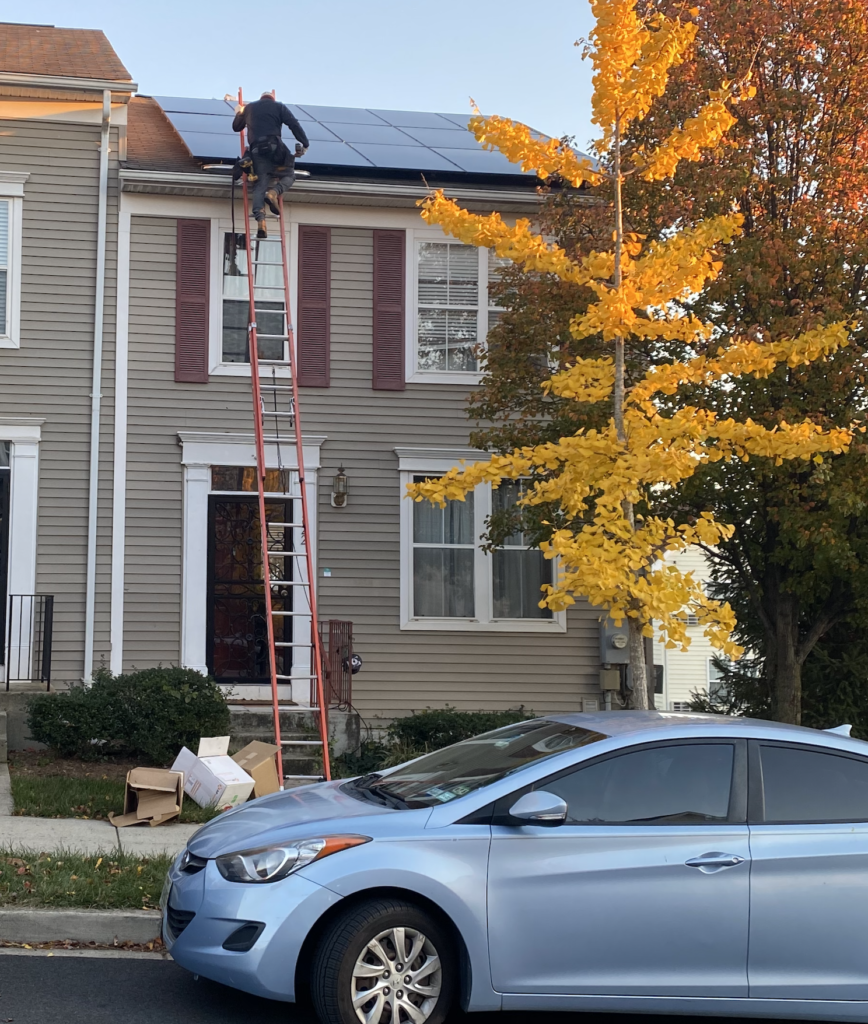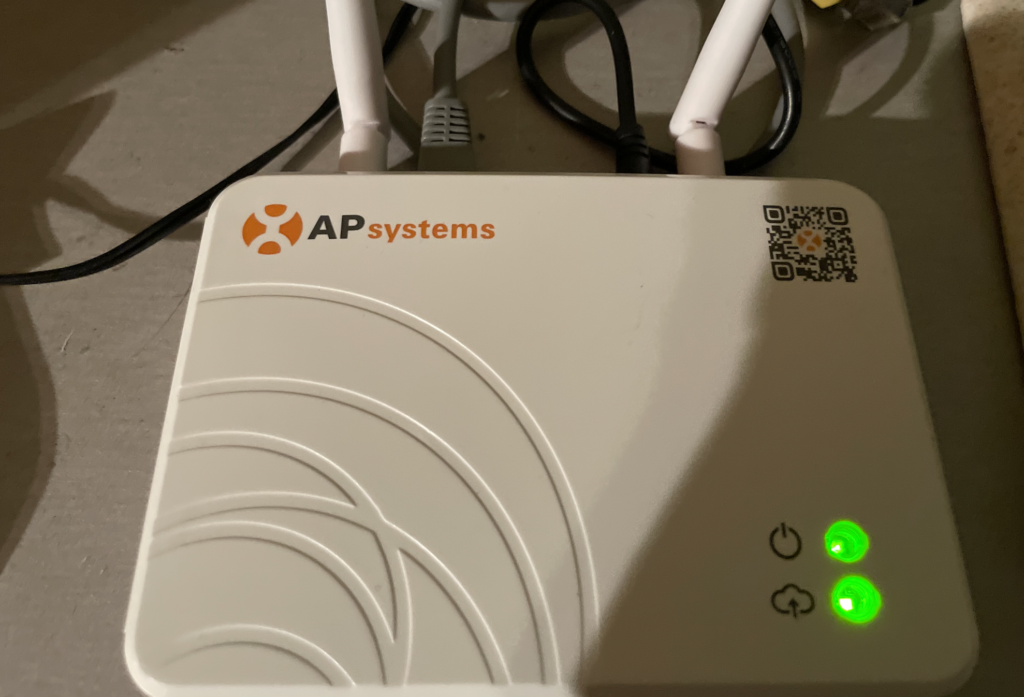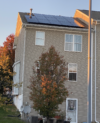The solar cells themselves are very fragile. In fact, they are only a few millimeters thick. However, the glass and frame that surrounds them is very sturdy and durable.
Solar panels act as a shield to the common and unavoidable wear and tear, and can actually protect your roof. They’re durable and built to withstand much of what Mother Nature throws their way, keeping your roof dry and clean underneath.
Works by allowing photons, or particles of light, to knock electrons free from atoms, generating a flow of electricity. Solar panels actually comprise many, smaller units called photovoltaic cells. (Photovoltaic simply means they convert sunlight into electricity.) Many cells linked together make up a solar panel.



Solar panels installed on the roof offer several benefits, both in terms of energy generation and roof protection. Here are some of the key benefits:
- Renewable Energy Generation: Solar panels convert sunlight into electricity, providing a clean and renewable source of energy. By harnessing solar power, you can reduce your reliance on traditional fossil fuels, lower your carbon footprint, and contribute to a more sustainable future.
- Energy Cost Savings: Solar panels generate electricity for your home, reducing your dependence on the grid. As a result, you can save on your electricity bills over the long term. The amount of savings depends on factors such as your energy consumption, the size of the solar installation, and local sunlight conditions.
- Return on Investment: While the upfront cost of installing solar panels can be significant, they typically offer a good return on investment. Over time, the energy cost savings can offset the initial investment, and in some cases, you may even be eligible for government incentives or rebates that further enhance the financial benefits.
- Roof Protection: Solar panels act as a protective layer for your roof, shielding it from various environmental elements. Here’s how they help protect the roof:
- Weather Protection: Solar panels provide a barrier against rain, snow, and hail, preventing direct contact between these elements and the roof surface. This helps to extend the lifespan of the roof and reduces the risk of leaks and water damage.
- UV Radiation: Solar panels absorb sunlight and convert it into electricity, which means they also absorb a significant portion of the sun’s ultraviolet (UV) radiation. By doing so, they help prevent excessive UV exposure to the roof, which can cause degradation and deterioration over time.
- Thermal Protection: Solar panels create a gap between the roof surface and the panels themselves, allowing for airflow. This airspace helps to reduce heat transfer to the roof, keeping it cooler during hot weather. By minimizing thermal stress, solar panels can help prolong the life of the roofing material.
- Reduced Maintenance: When solar panels are properly installed, they require minimal maintenance. As a result, you’ll have fewer concerns about roof maintenance, such as regular inspections, cleaning, or repairs, as the panels provide an additional layer of protection.
